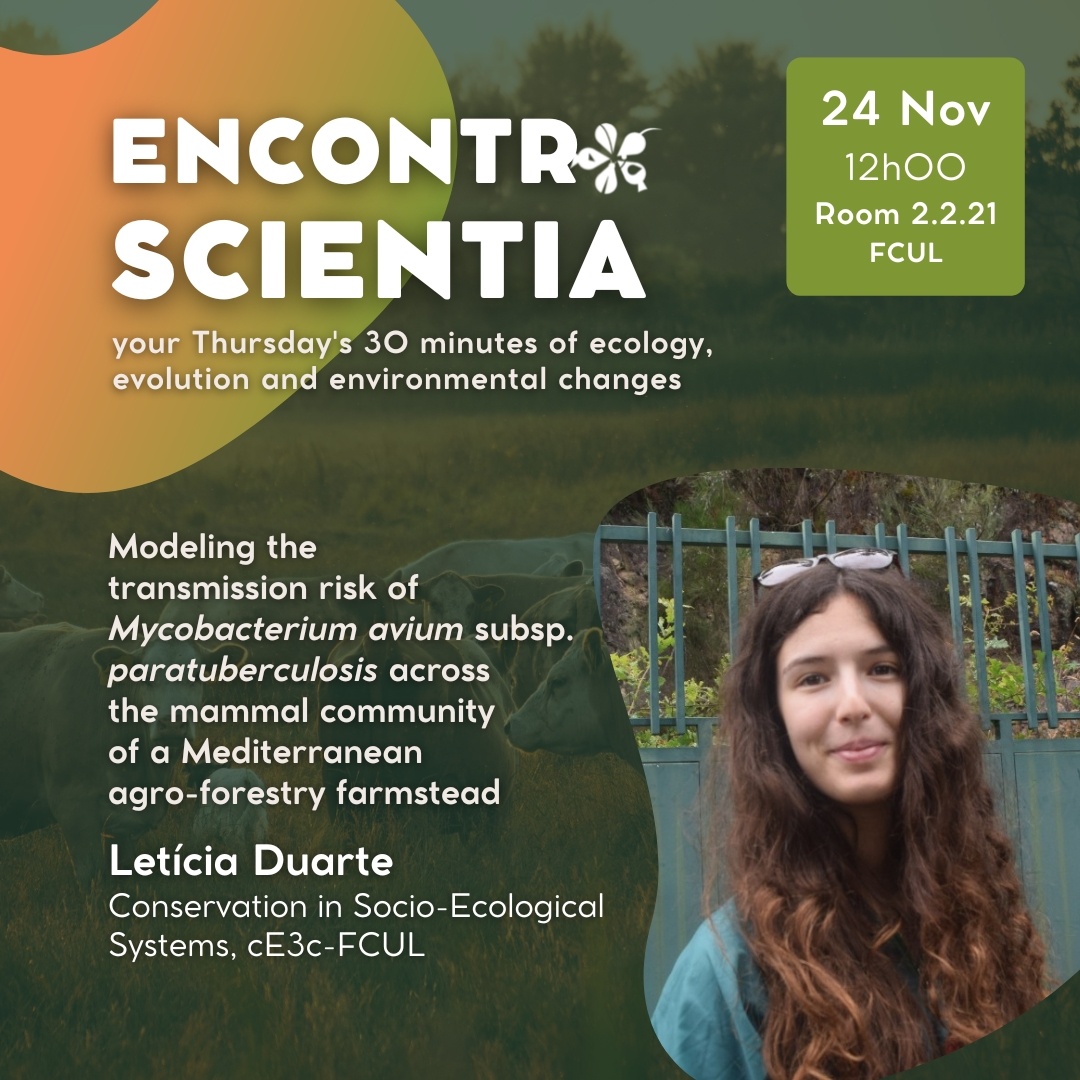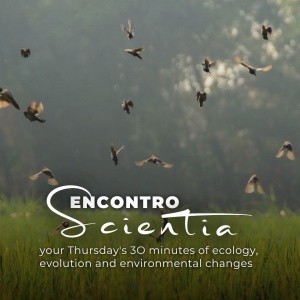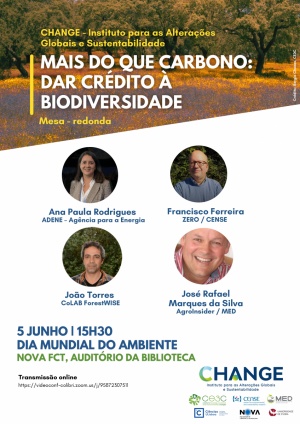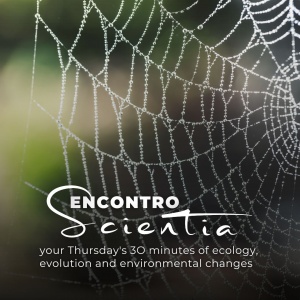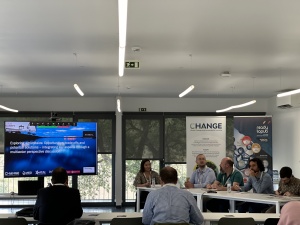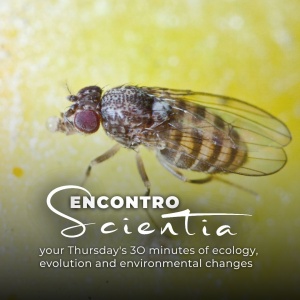Encontro Scientia with Letícia Duarte (Conservation in Socio-Ecological Systems)
24 November 2022 . 12h00
Room 2.2.21, Faculty of Sciences of the University of Lisbon
Mycobacterium avium subsp. paratuberculosis (MAP) is the etiological agent of paratuberculosis, a chronic infection affecting ruminants worldwide. In wildlife, MAP was first detected in the European rabbit and has since then been reported in a very broad host range, mostly in small sample size studies. Information on the ecological factors that increase infection risk at the livestock-wildlife-environment interface remain scarce.
Thus, this work aimed at determining which factors modulate the exposure of a mammal community within a Mediterranean agro-forestry farmstead to MAP. Through field, molecular and ecological modeling approaches, MAP prevalence, distribution and spatial risk at the livestock-wildlife-environment was estimated in the study area by screening 436 samples. Using molecular detection of IS900 as proxy, MAP was identified in the scats of ten wild mammal species (n = 206), with emphasis on wild rabbit (19% prevalence). MAP was also detected in cattle managed in the farmstead (animal and herd prevalence, 54% and 100%; n = 150) and in soil (44%, n = 80). We hypothesize that the high prevalence registered in cattle and soil may perpetuate intra and interspecific transmission. Land use and host-related variables were the most important factors that influenced exposure of mammals to MAP. Based on explanatory variables, the spatial prediction of MAP occurrence in wildlife indicated two hotspots with increased risk but future studies are needed to confirm this projection. This study represents a significant step forward in the knowledge of MAP occurrence at the livestock-wildlife interface in a Mediterranean agroecosystem.
Join us IN PERSON (FCUL Room 2.2.21) or, if you are located in Azores or at MUHNAC, by Zoom (https://videoconf-colibri.zoom.us/j/97032182788?pwd=d25leURPS21zN2JjZkkveFFBK093QT09; Password: 704429)
Tags: CSES encontro scientia epidemiology wildlife diseases mammals agroecosystem farmland

